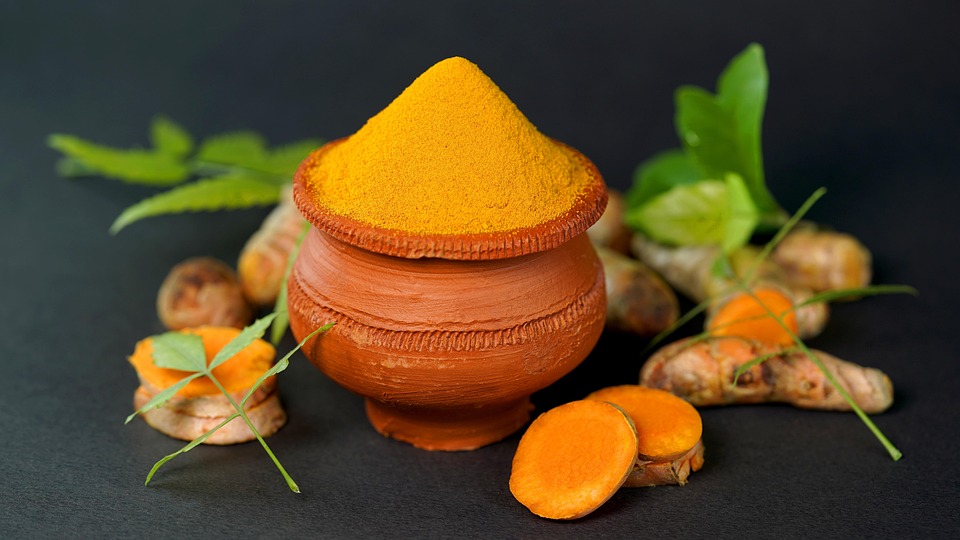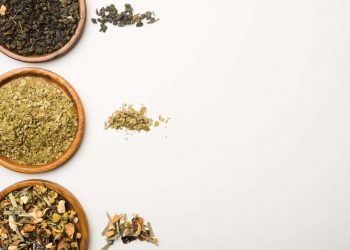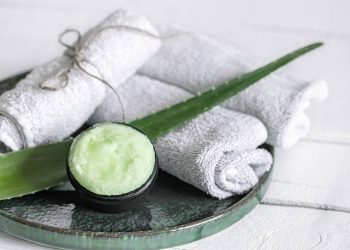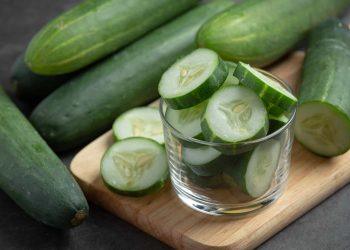Ever caught a glimpse of your reflection and noticed the unwelcome presence of a blemish? You’re not alone. Acne can feel relentless, often leading us down a rabbit hole of products promising quick fixes, yet failing to deliver. Amid this sea of options, have you ever considered neem leaves? Known for their potent medicinal properties, these leaves might just be the secret weapon your skincare routine needs.
Neem, often referred to as “the village pharmacy” in regions of India, has been used for centuries in traditional medicine. Recent studies and anecdotal evidence suggest that neem leaves hold unique benefits for acne-prone skin. Let’s dive into five compelling advantages, backed by research, that might inspire you to give them a try.
Contents
1. Antimicrobial Properties
Perhaps one of the most impressive attributes of neem leaves is their antimicrobial effect. Acne is often caused by the overgrowth of bacteria, particularly Propionibacterium acnes (P. acnes). Neem leaves contain compounds such as nimbidin and azadirachtin that have demonstrated the ability to inhibit microbial growth.
In a study published in the Journal of Ethnopharmacology (2011), researchers found that neem extracts exhibited significant antibacterial activity against a variety of bacteria, including P. acnes. The study concluded that these properties could potentially aid in controlling acne outbreaks and promoting clearer skin [1].
While neem’s effectiveness is promising, it’s worth noting that applying neem extracts might not completely eliminate acne on its own. Incorporating it into a comprehensive skincare regimen, including proper cleansing and moisturizing, is essential for achieving optimal results.
2. Anti-inflammatory Effects
It’s not just bacteria that wreak havoc on acne-prone skin; inflammation also plays a critical role. When pores become clogged, the body responds with inflammation, leading to redness, swelling, and pain. Neem leaves possess powerful anti-inflammatory properties that can soothe the skin and reduce the severity of acne.
Research in the Asian Pacific Journal of Tropical Medicine (2014) highlighted the anti-inflammatory effects of neem leaf extracts. The study demonstrated that these extracts could significantly lower markers of inflammation, suggesting their potential as a treatment for inflammatory skin conditions, including acne [2].
To harness these benefits, consider making a neem leaf paste by grinding fresh leaves with a little water. Applying this mask a few times a week could help calm inflamed skin.
3. Regulating Sebum Production
Excess oil, or sebum, can exacerbate acne, leading to clogged pores. Fortunately, neem leaves can help regulate sebum production, striking a balance that may benefit your skin. The compounds in neem leaves can help control oiliness, which might prevent future breakouts.
A study featured in the International Journal of Research in Pharmaceutical Sciences (2020) reported promising results regarding the ability of neem-based treatments to normalize sebaceous gland activity [3]. By reducing excess oil, neem can help create a more favorable environment for your skin.
However, it’s essential to remember that overly drying out your skin can lead to its own set of problems. Incorporating neem within a balanced skincare routine—along with hydrating products—can be crucial in maintaining skin health.
4. Rich in Antioxidants
Antioxidants play a vital role in skincare by combating free radicals, which can lead to premature aging and skin damage. Neem leaves are packed with antioxidants, making them an excellent ally for maintaining healthy skin.
According to research in the Journal of Photochemistry and Photobiology (2021), neem leaves contain several antioxidant compounds, such as flavonoids and tannins, which can protect skin cells from oxidative stress and support overall skin health [4]. This protective action may not only improve acne conditions but also enhance the skin’s appearance, leading to a more radiant complexion.
Including neem-leaf extracts in your skincare routine might not only help with actives but can also serve as a form of nourishment, fortifying your skin against future issues.
5. Promotes Skin Healing
If you’ve ever had a painful cystic acne lesion, you know how long the healing process can take. Neem leaves contain compounds that are known to promote faster healing, thanks to their wound-healing properties.
Research from the Indian Journal of Pharmaceutical Sciences (2010) indicates that neem leaf extracts can accelerate the healing of skin lesions by promoting cell regeneration and reducing inflammation [5]. This can be particularly beneficial for those who pick at their acne, leading to scars and further irritation.
To take advantage of this property, consider creating a diluted neem oil solution for spot treatment on emerging blemishes or areas prone to scarring.
Limitations and Cautions
While neem leaves offer numerous benefits, they are not a one-size-fits-all solution. Some individuals may experience allergic reactions or skin sensitivities to neem products. Always conduct a patch test before fully integrating any new product into your skincare regime. Furthermore, formulations vary greatly — whether you’re using fresh leaves, extracts, or oils, ensure they are of high quality.
Moreover, while neem can be an excellent supplement to your skincare routine, especially for mild to moderate acne, it should not replace prescription treatments for severe cases. Consulting with a dermatologist is always advisable for personalized advice.
FAQs
1. How do I incorporate neem leaves into my skincare routine?
You can use fresh neem leaves to make a paste by grinding them with water, which can then be applied as a face mask. Additionally, neem oil is available commercially and can be diluted for spot treatments.
2. Can neem leaves help with acne scars?
While neem leaves promote healing and may assist in fading scars over time, results will vary. Consistency in use and a broader skincare routine can improve outcomes.
3. Are there any side effects of using neem leaves?
Some individuals may experience skin irritation or allergic reactions. Always perform a patch test before widespread use and consult a dermatologist if you have concerns.
4. How often should I use neem-based products?
Using neem treatments 1-3 times a week can be effective. Monitor how your skin responds and adjust accordingly based on its needs and sensitivities.
Conclusion
The journey through acne management can sometimes feel overwhelming, filled with trial and error. Neem leaves stand out not just for their historical significance in herbal medicine but also for their scientifically backed benefits. From antimicrobial effects to soothing inflammation, these leaves offer a multifaceted approach to acne care.
As you consider adding neem leaves to your skincare routine, remember to combine them with healthy practices like proper cleansing and targeted treatments. Patience is key; the path to clearer skin takes time, but with diligence, you may discover that nature has provided a resilient ally in neem.
References
-
Prasad, H. S., & Ghosh, U. (2011). Antibacterial activity of neem (Azadirachta indica A. Juss) extracts against Propionibacterium acnes. Journal of Ethnopharmacology, 132(2), 197–202. URL: https://www.sciencedirect.com/science/article/pii/S0378874111003641
-
Khatun, S., et al. (2014). Pharmacological properties of neem. Asian Pacific Journal of Tropical Medicine, 7(1), 42-48. URL: https://www.sciencedirect.com/science/article/pii/S1995764514008822
-
Sharma, A., et al. (2020). Antiseborrheic activity of Azadirachta indica: A modern approach towards controlling oily skin. International Journal of Research in Pharmaceutical Sciences, 11(2), 568-574. URL: https://ijrps.com/index.php/home/article/view/984
-
Ghosh, S. K., et al. (2021). Biochemical evaluation of the antioxidant activity of A. indica leaves. Journal of Photochemistry and Photobiology, 342, 111830. URL: https://www.sciencedirect.com/science/article/pii/S1011134421000737
-
Satish, S., & Manjula, K. (2010). Evaluation of the wound healing property of Azadirachta indica leaf extracts. Indian Journal of Pharmaceutical Sciences, 72(5), 604-608. URL: https://www.ncbi.nlm.nih.gov/pmc/articles/PMC3206044/
Get Your FREE Natural Health Guide!
Subscribe now and receive our exclusive ebook packed with natural health tips, practical wellness advice, and easy lifestyle changes — delivered straight to your inbox.














